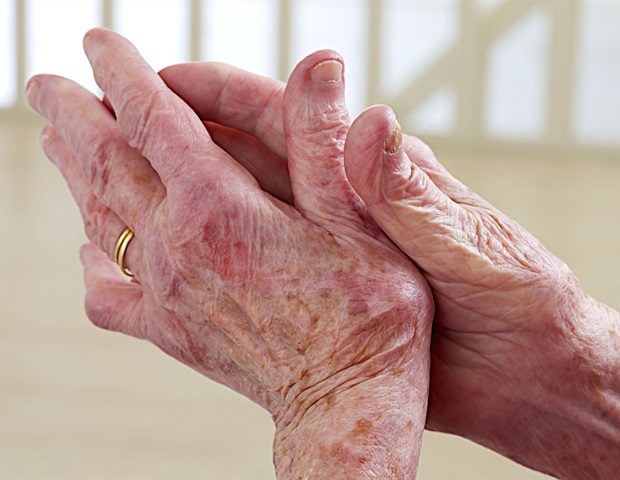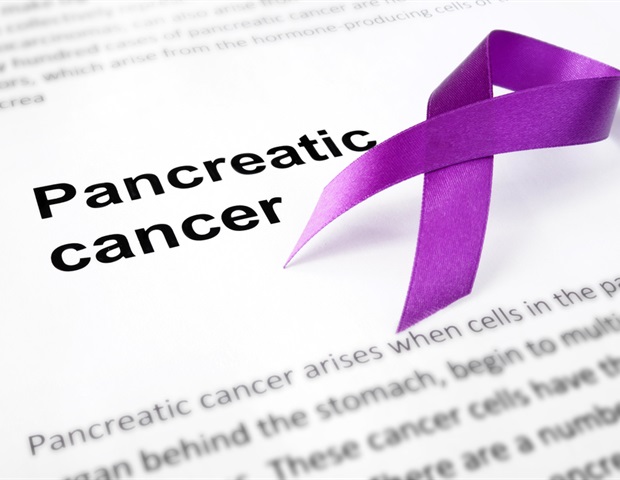In a recent Morbidity and Mortality Weekly Report (MMWR), the United States Centers for Disease Control and Prevention (US-CDC) presented preliminary data showing an increase in meningococcal disease among human immunodeficiency virus (HIV)-infected individuals in the US in 2022.
 Study: Notes from the Field: Increase in Meningococcal Disease Among Persons with HIV — United States, 2022. Image Credit: NovikovAleksey/Shutterstock.com
Study: Notes from the Field: Increase in Meningococcal Disease Among Persons with HIV — United States, 2022. Image Credit: NovikovAleksey/Shutterstock.com
Background
Neisseria meningitides cause meningococcal disease, an illness typically manifesting as meningitis or meningococcemia. Some of the most frequent and shared signs and symptoms of meningitis and meningococcemia include fever, chills, headache, stiff neck, fatigue, and severe pain.
The US Advisory Committee on Immunization Practices (ACIP) recommended the use of a quadrivalent, two-dose series of meningococcal conjugate vaccination (MenACWY) for the HIV-infected population of the country.
Subsequently, in 2016, the US incorporated it into the immunization schedule. Likewise, they recommend its routine use for adolescents and persons at a higher risk for meningococcal disease.
However, an analysis of administrative claims data undertaken between January 2016 and March 2018 showed that vaccine coverage for MenACWY remained low among HIV-infected individuals, with only 16.3% receiving one or more than one dose of the MenACWY vaccine within two years of diagnosis.
The Notifiable Diseases Surveillance System (NDSS), with extra epidemiologic data and isolates retrieved through enhanced surveillance, reported all meningococcal disease cases in the US.
They used whole genome sequencing (WGS) to characterize and determine serogroup and molecular typing information from these isolates, and the CDC reviewed this activity per the applicable federal law and policy.
Observations
Based on preliminary data, between 2017 and 2021, five to 15 meningococcal disease cases occurred among HIV-infected people annually, representing 1.5% to 4.3% of all disease cases.
In 2022, this case number surged to 29, representing 9.8% of all cases in HIV-infected people annually; however, these cases might increase further when data reporting is complete.
The CDC found that only one person among all 29 meningococcal disease cases in the HIV-infected population in 2022 had received the MenACWY vaccine, but even his dosage schedule was unknown. The remaining 22 people had not received the MenACWY vaccine, while six had unknown MenACWY vaccination history.
Furthermore, 15/29 cases occurred in men who have sex with men (MSM) during a large serogroup C outbreak. Compared to the 2017–2021 period, in 2022, even after excluding MSM outbreak-associated cases, the meningococcal disease cases remained higher among HIV-infected people (four to eight vs. 14).
Of the remaining 14 cases unrelated to the outbreak, nine were due to a single N. meningitidis strain identified across three US states with no connections among all identified cases.
Notably, eight of these nine cases occurred in people of African origin (Black Americans) and seven among MSM. CDC identified it as serogroup Y clonal complex CC174 sequence type ST-1466. The rest five cases had no epidemiologic connections and did not cluster geographically.
Conclusions
The current CDC report highlighted that the MenACWY vaccine coverage among the HIV-infected population of the US was low till 2022.
Thus, meningococcal disease cases increased in this population. The report raises the need to encourage HIV-infected people to be up to date with MenACWY and other vaccinations per ACIP recommendations.
Healthcare providers should help achieve these goals while maintaining a high index of suspicion for meningococcal disease among the HIV-infected U.S. population.
Screening of patients with meningococcal disease for HIV is vital. In fact, the CDC highly recommends screening all people for HIV.







